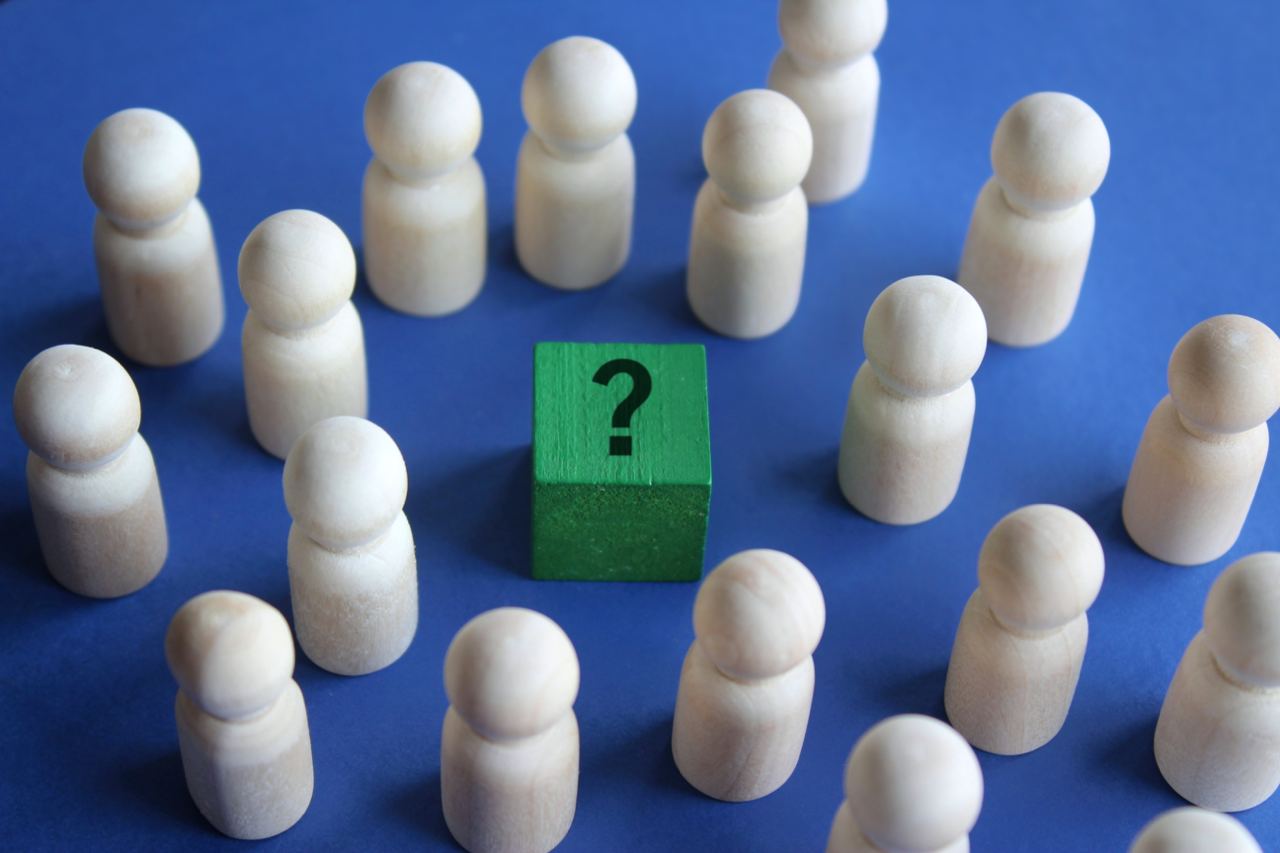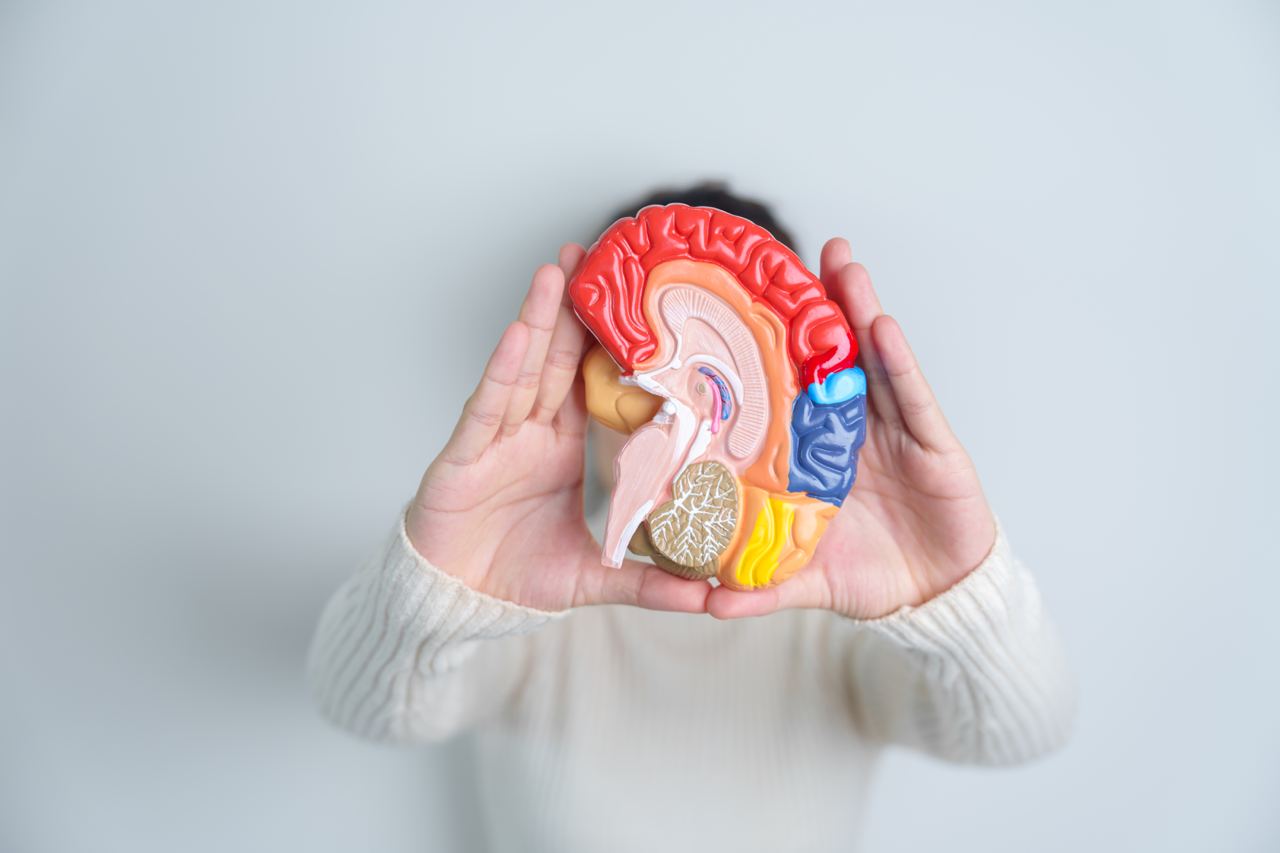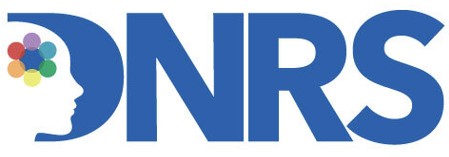How long will it take me to recover? Why don’t I have the same experience as someone else who is reporting great success? These are two of the most common questions that our clients ask who are implementing the DNRS program.

In this blog post, we will address these very questions. The answers are based on a recent conversation with our Certified DNRS Coaches who have a combined experience of over 60 years in working with people with limbic system impairment.
Their compassionate, wise and thoughtful responses are like an elixir for your soul and present a loving and wise way to approach your healing journey.
How Long Will It Take Me To Recover With DNRS?
We recently hosted an insightful conversation with our Certified DNRS Coaches to explore common questions our clients have about the program including how long it takes to recover with DNRS and how to approach your journey when it looks different than someone else who is reporting great success.
Every Certified DNRS Coach has recovered from symptoms of chronic illness using the DNRS Program and understands the process firsthand. They are extensively trained to work with all forms of limbic system impairment.

When presented with these questions, our coaches laid out thoughtful insights on approaching the recovery time frame, all of which highlight the importance of understanding the beauty in your unique journey.
“What Do You Say to Clients Who Are Comparing Themselves To Others or When They Are Questioning Their Timeline For Recovery?”
Answer 1: I often remind my clients to enjoy the wins along the way. Six months is the minimum timeline for implementing the program. If you are feeling disheartened by someone else who is further along on their healing journey than you, try reframing their success as a source of inspiration. When we are comparing ourselves to others, we are essentially discounting our uniqueness. Perhaps their success is another way to cultivate more joy! Rather than comparing yourself to others, try reframing their positive experience as an example of what is possible!
Answer 2: Your healing progression will happen on its own timeline, so don’t get discouraged if it’s taking you longer than someone else. A great analogy when you find yourself getting frustrated with your healing timeline is to think about babies. Some babies walk before others, and some babies talk sooner than others. It’s not that some babies are doing it right while others are doing it wrong…. It’s just that their brains work in different ways. In the end, they all learn to walk and talk.
Answer 3: Everyone comes to the program at different stages of their journey, so we can’t compare one person to another. For example, you can’t compare someone who has been on their healing journey for 8 months to someone who is just starting. Also, we cannot control unexpected life challenges that might come up during the retraining process that could impact our stress levels. When unexpected life challenges occur, rather than getting upset about how this might affect our healing journey, it’s more loving to embrace ourselves with kindness and compassion and let go of judging our unique recovery timeline. Everyone’s brain is unique and we all have different life experiences and challenges, so it makes perfect sense that we are not going to recover on the same timelines.
Answer 4: There are too many unique life variables that we need to consider when comparing ourselves to others or when looking at timelines for healing. Perhaps someone who is on their healing journey experiences the loss of a loved one, or someone else is going through a divorce. Or perhaps someone does not have a full understanding of the program, or perhaps they cognitively know how it works, but they are not putting it into action. Those are just a handful of different variables and there are millions of other ones.
Answer 5: Our coaching sessions and LIVING DNRS classes are designed specifically to get our clients to start thinking about the progress that they are making instead of focusing on symptoms, thinking about timelines of recovery or comparing themselves to others. We also make a point of changing our associations with symptoms to make the process of healing a little bit lighter and more fun. This shift away from symptoms and timelines is different for most people and is a great reminder that the focus is not about tracking symptoms, it’s not a race, and it’s not a competition. This neural rehabilitation perspective based on brain science allows for more lightness and fun in their healing journey.
Answer 6: With consistent practice, you will notice a reduction of symptoms and the ability to reintroduce more and more into your life. These can be concrete steps that allow you to measure your success, but also remember that over time you are gradually leading a much better life overall. It’s not like one day you have this amazing and magical day when you go from being sick to being recovered. As improvements happen, they build on each other and you notice positive changes in your quality of life. You don’t have to wait until you are fully recovered to enjoy your life. There is hope and joy, even when you are not fully recovered. Every small victory will form the fabric of your recovery. Some people continue to practice the program even when they consider themselves “recovered” because they want to continue to enjoy and thrive in their lives. Recovery looks different for different people and although you may start the program to address one main issue, you might be surprised when other positive shifts happen on levels that you were not expecting. Continuing to practice elements of the program throughout your life creates resilience while giving you the tools to be the best version of yourself.
Private Coaching Sessions With a Certified DNRS Coach
If you have questions about your recovery timeline or would benefit from having regular access to insights like the ones shared here, we encourage you to explore our DNRS Certified Coaching services here.

Every Certified DNRS Coach is extensively trained to work with all forms of limbic system impairment, regardless of how it is showing up for you. Not only do they encourage you as you implement the program, but they also offer customized input, program clarification, and practical strategies to help you rewire your limbic system and regulate your nervous system.
Whether you are just getting started or have been implementing the program for some time, working with a personal coach regularly can help you move forward and find clarity and inspiration in the uniqueness of your recovery journey.

To learn more about our coaching services and the different support services available, click here.

